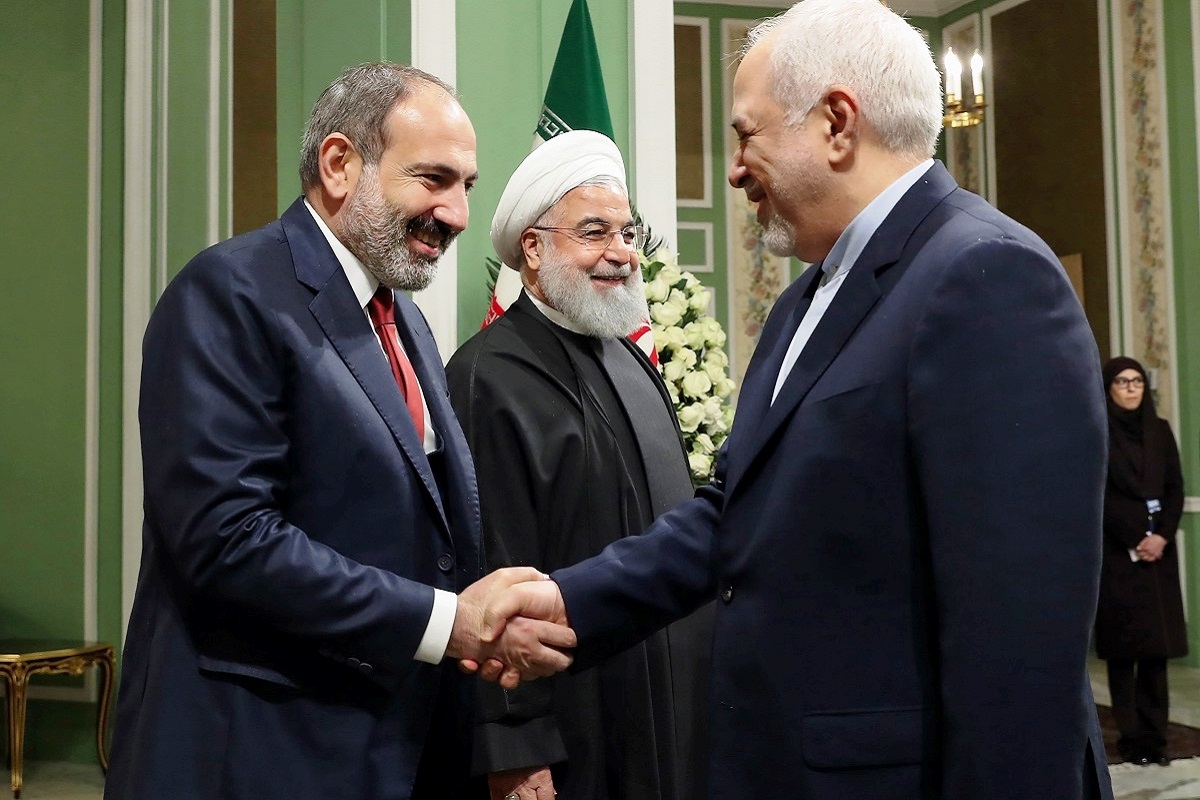The resignation of a foreign minister would normally not have been of much moment; but developments in Iran over the past few days have been extraordinary, both from the domestic and international perspectives. Within 36 hours of his resignation, Iran’s foreign minister, Mohammad Javad Zarif, is back at work. By not accepting his resignation, President Hassan Rouhani has clearly staved off a crisis within, perhaps even a loss of face for a country with a nuclear agenda. Defused no less is a potential conflict between the moderates and the radicals ~ a striking feature of Iranian politics 40 years after the Revolution that toppled the Shah of Iran (February 1979). Mr Rouhani has thus forestalled an intervention by the supreme cleric, Ayatollah Khamenei, verily the overarching authority on whom rests the responsibility of endorsing or rejecting any critical decision related to governance. Mr Zarif’s attempt to resign has turned out to be an abortive endeavour, though the Instagram message at midnight on Monday had doubtless caused a flutter in Tehran’s roost. Arguably he may have tried to flex his political muscle within Iran, indeed boost his influence at home. The foreign minister’s resignation, on the face of it, was precipitated by the fact that he had been accorded the short shrift during the Syrian President, Bashar al-Assad’s recent visit to Tehran. Assad’s visit to Iran was in itself a rare event, and Mr Zarif had been upset over the fact that he was apparently sidelined by his own boss. Hopefully and with the foreign minister resuming his duties, there will now be a certain mending of fences within the government which faces challenges on several fronts.
On closer reflection, there are deeper issues. The foreign ministry has been under increasing pressure following Donald Trump’s withdrawal from the nuclear deal last year. Though Europe has been in favour of the deal, signed by Barack Obama, the bitter irony must be that the West has failed to address the consequences of America’s hostile policy towards the Islamic republic. This is the irony that Tehran’s foreign office has had to countenance. The other contretemp that Mr Zarif and his team have had to cope with is that Iran has failed to reap the promised dividends of the nuclear deal. This has emboldened the hardliners who are opposed to the landmark agreement with the US ~ the “Great Satan”. Regretfully, Mr Zarif has been the object of the hardliners’ sniping, which has on occasion gone beyond mere criticism. Very recently, a former Islamic Revolutionary Guards Corps commander publicly stated that Zarif should “go to hell” and that Iranians would “spit on those who supported the nuclear deal”. Strong words. By resigning, the foreign minister had bared his angst against the radicals and the establishment, helmed by the moderates. By turning down his resignation, President Rouhani will be expected to act as an emollient in a fractious land.
Advertisement











